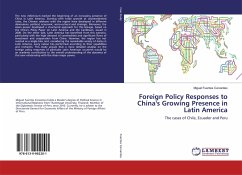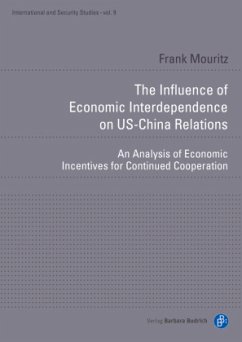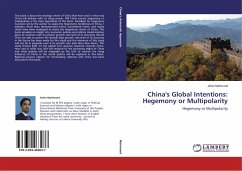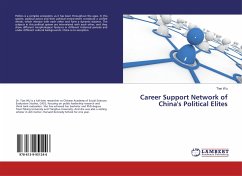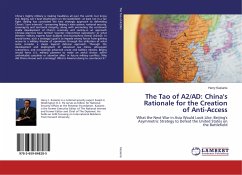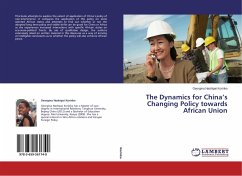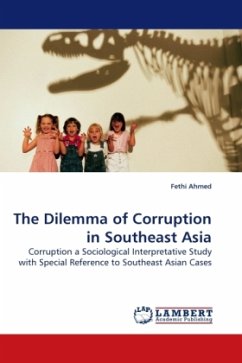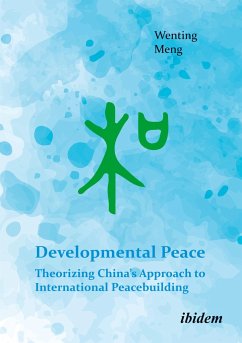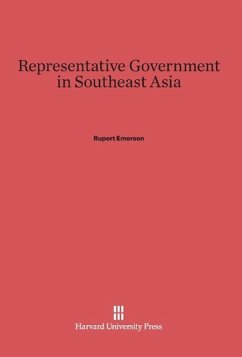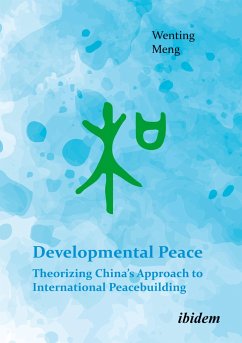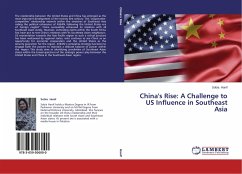
China's Rise: A Challenge to US Influence in Southeast Asia
Versandkostenfrei!
Versandfertig in 6-10 Tagen
41,99 €
inkl. MwSt.

PAYBACK Punkte
21 °P sammeln!
The relationship between the United States and China has emerged as the most important development of the twenty first century. This 'cooperative-competitive' relationship extends within the stretches of Southeast Asia roiling the political coherence of ASEAN. Following the United States era of 'benign neglect', China successfully enhanced its relations with all Southeast Asian states. However, contesting claims within the South China Sea have put to test China's relations with its Southeast Asian neighbours. US reorientation towards the Asia Pacific region at such a critical juncture has been...
The relationship between the United States and China has emerged as the most important development of the twenty first century. This 'cooperative-competitive' relationship extends within the stretches of Southeast Asia roiling the political coherence of ASEAN. Following the United States era of 'benign neglect', China successfully enhanced its relations with all Southeast Asian states. However, contesting claims within the South China Sea have put to test China's relations with its Southeast Asian neighbours. US reorientation towards the Asia Pacific region at such a critical juncture has been welcomed by regional states, who continue to see China as an opportunity for economic cooperation and the United States as the security guarantor for the region. ASEAN's cumulative strategy has been to engage both the powers to maintain a delicate balance of power within the region. This study aims at identifying proclivities of Southeast Asian states within the broad spectrum of the strategic power play between the United States and China in the Southeast Asian region.



